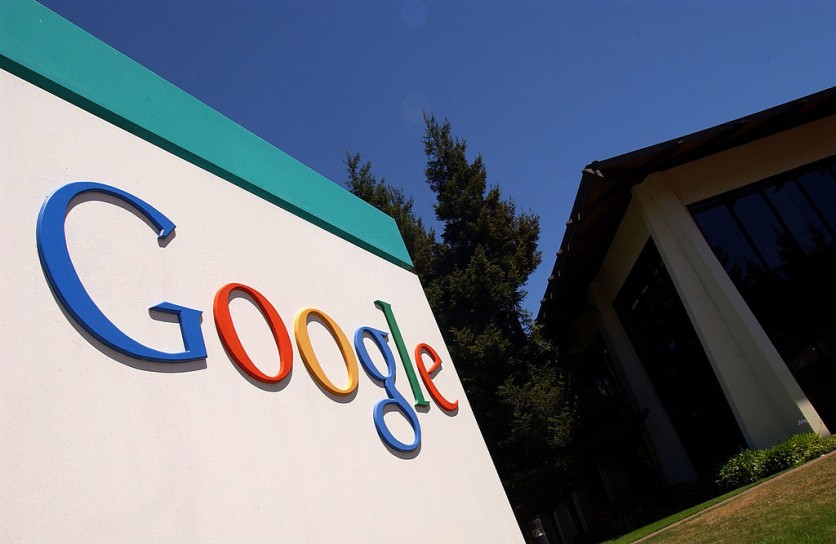

A TikTok user highlighted in a now-viral post as to how much Google knows about users, and it is alarmingly accurate.
Trish Kabob, who goes under the handle @tiktoktrishkabob, responded to another TikTok post asking other users to share facts that they knew because of their job.
In the video, Kabob explained that being a digital marketer she believed how only a few people knew about "how invasive Google is."
@tiktoktrishkabob #stitch with @teenybee818 Google knows way too much about all of us. #google #ads #digitalmarketing #digitalmarketer #bigbrother ♬ original sound - Trish Kabob
She opened up Google Ad Settings and demonstrated how unusually accurate it is by collecting information every time someone uses any of the Google products.
The page shows a list of assumptions made by Google, such as age, gender, languages, and many other interests obtained from internet activity.
While some of the data gathered are not accurate, Google seemed to be able to find a way to narrow down important information about users, such as education level, job industry, and interests.
Google apparently uses these collected data in advertisements, as she explained why users sometimes see ads that they find "weird."
Kabob also demonstrated how anyone could either edit or turn off the feature altogether, should they opt not to let Google track their online activity.
Also Read: Lawsuit Accusing Google Of Collecting Data Of Users During Incognito Browsing To Continue
Feud With Microsoft
Google had gone under fire after the company, along with Facebook, allegedly took ad revenue away from traditional media outlets and local newspapers.
Microsoft Corp. seemingly took this opportunity to portray the California-based search engine giant in a bad light.
When Australia recently passed the media payment law, the Washington-based software firm was happy to support the cause and announced that they would gladly fill the void Google would leave behind should the latter decide to disable their search engine in the country.
In a blog post released on February 11, Microsoft President Brad Smith said that the U.S. government should require both Google and Facebook to pay media outlets to link to their news articles.
Google Strikes Back
Google took offense at this statement and bashed Microsoft over the company's system vulnerabilities, pointing out that the latter knew that it is being exploited but only took action after the damage has been done.
Kent Walker, Google's senior vice president of global affairs, wrote in a blog post on March 12 alleging that Microsoft attacked Google in a bid to steer the attention away from its problems, which includes the recent hack on IT provider SolarWinds.
The said flaw had opened the door for other hacking groups to exploit the vulnerability, allowing them to install ransomware and steal emails from corporate servers.
Walker also responded to Microsoft, highlighting the search engine giant's efforts to support journalism including the $ 1billion three-year project to license content from media outlets.
"We also believe that this important debate should be about the substance of the issue, and not derailed by naked corporate opportunism ... which brings us to Microsoft's sudden interest in this discussion," he wrote.
He assured that the company is committed to working with "news organizations and policymakers around the world to enable a strong future for journalism."
This article is owned by Tech Times
Written by Lee Mercado
ⓒ 2025 TECHTIMES.com All rights reserved. Do not reproduce without permission.




